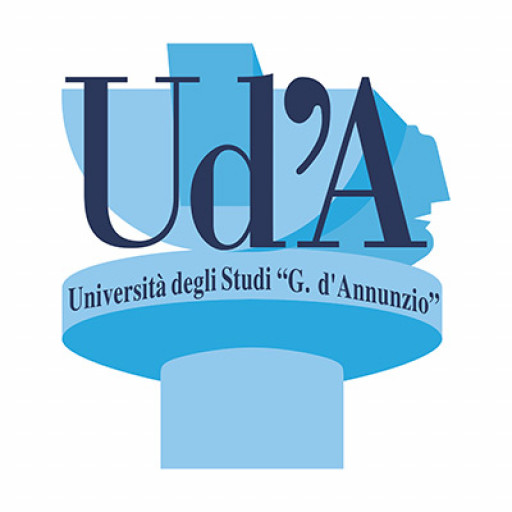Communications Technology offers specialisations in two different tracks. Students in both tracks will receive a strong foundation in wireless communications and optical communication principles.
Those whose main interest is modern digital communication methods, such as coding, networking, or advanced modulation techniques, will choose the Communications Engineering Track. In accordance with the research specialisation of the Electrical Engineering Faculty at the University of Ulm, mobile communications methods and systems are strongly emphasised.
Students interested in the underlying hardware aspects, such as microwave/millimetre-wave engineering, microelectronics, and optoelectronics, will opt for the Communications Circuits and Systems Track, where the emphasis is on the hardware aspects of modern communications systems. The excellent infrastructure in millimetre-waves and microfabrication offers a unique combination of theoretical instruction with hands-on laboratory experience.
Those whose main interest is modern digital communication methods, such as coding, networking, or advanced modulation techniques, will choose the Communications Engineering Track. In accordance with the research specialisation of the Electrical Engineering Faculty at the University of Ulm, mobile communications methods and systems are strongly emphasised.
Students interested in the underlying hardware aspects, such as microwave/millimetre-wave engineering, microelectronics, and optoelectronics, will opt for the Communications Circuits and Systems Track, where the emphasis is on the hardware aspects of modern communications systems. The excellent infrastructure in millimetre-waves and microfabrication offers a unique combination of theoretical instruction with hands-on laboratory experience.
Educational organisation
- A pre-semester course (of four weeks), starting in March of each year, offers an intensive course of German for daily life (Survival German), as well as an introduction to Germany in general and life at Ulm University in particular.
- A three-semester period of courses follows.
- The final semester is reserved for the research thesis (six months duration, full time)
The modules all contain lectures and exercises; some also use a blended approach, which additionally uses seminars and laboratory experiments.
Study abroad unit(s)
One semester of study abroad is strongly recommended for German participants in the programme at partner universities in the USA, UK, Scandinavia, France, Australia, or China.Internships
An optional industrial internship (9 ECTS credits) can be taken as part of the programme; the third semester or the semester breaks are recommended for this.Forms of assessment
Each module concludes with an exam, which can be written or oral, depending on the examiner's choice. Most exams are written.The final thesis is judged based on performance during the research period, the written thesis, and an oral presentation.
Course objectives
Communications Technology is a strongly research-oriented programme that enables graduates to work in industrial and public research and development as well as in any other profession requiring a special insight into methods of communications engineering, micro- and millimetre-wave engineering, or micro-/optoelectronics including microfabrication.Through its research orientation, Communications Technology also offers excellent prerequisites for continuing studies, e.g., towards a doctorate.
Language requirements
An internationally recognised English language test certificate is required for all students who are not native speakers of English.The minimum required score is TOEFL 570 (paper-based), 230 (computer-based), 88 (Internet-based) or IELTS 6.5 or University of Cambridge ESOL Exam with grade C or better (CPE) or grade B or better (CAE).
Academic requirements
- BSc, BEng or equivalent degree in electrical or electronical engineering or a closely related field; alternatively, a Dipl-Ing degree from a German Fachhochschule
- Above-average performance in the completed degree
- Good knowledge of the English language (e.g. TOEFL score min. 88 (Internet-based) or IELTS 6.5 or above)
- Previous employment in a related field is not a requirement, but will be taken into account positively in the admission procedure.
Want to improve your English level for admission?
Prepare for the program requirements with English Online by the British Council.
- ✔️ Flexible study schedule
- ✔️ Experienced teachers
- ✔️ Certificate upon completion
📘 Recommended for students with an IELTS level of 6.0 or below.
Enrolment fees
158.50 EURCosts of living
Approx. 700 EUR including accommodation, local transport, health insurance, and foodJob opportunities
Student research assistantships are frequently available within the School of Engineering and Computer Science, mostly in the context of externally funded research projects.Opportunities for "summer student" or similar industrial work experience are available in the companies surrounding the university campus in the "Science City". Most of these jobs are linked to research and development.
However, work opportunities must be arranged by the students themselves.
Funding opportunities within the university
Excellent students can apply for a scholarship in the last semester while working on their Master's theses.Arrival support
Newly arriving students will be picked up at the railway station by senior students from the Communications Technology Programme and accompanied to their halls of residence.The programme offers a special orientation programme at the beginning of the first semester.











